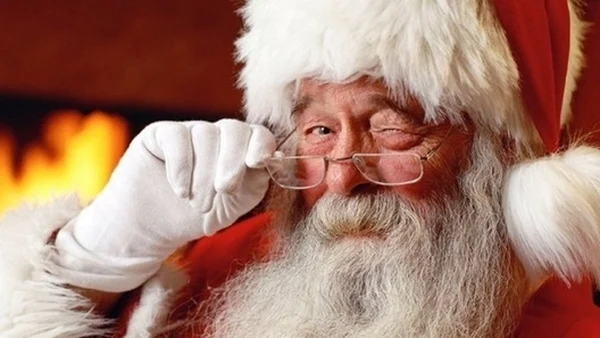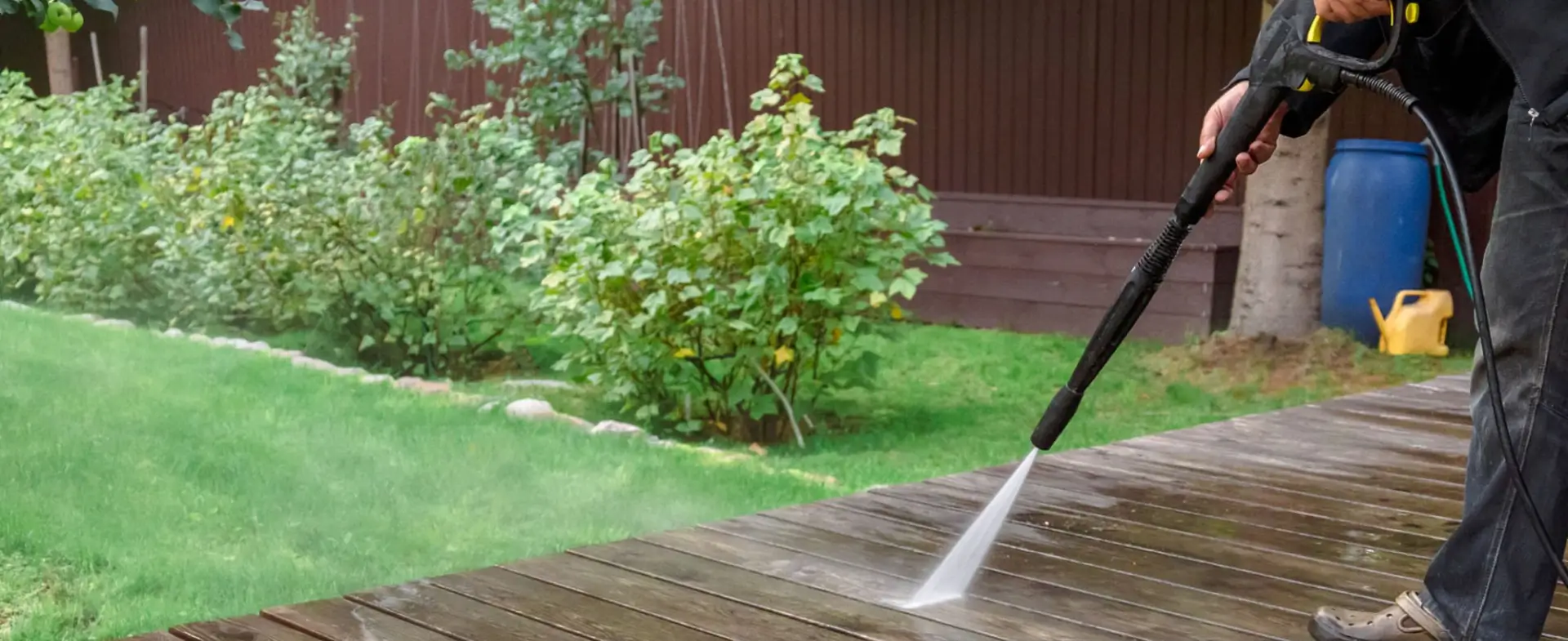Dec 17,2024

Irish school kids ask questions about what Santa does on Christmas Eve and a bunch of scientists try to provide the answers
"When you think about what he has to do, there's nobody who has a job like Santa Claus. We reckon Santa will visit around 400 million children tomorrow night, which is incredible. He has to get around in one night to do that. We reckon that the most important thing for him to stay awake is for him to have a sense of happiness and purpose for his job.
"I asked a friend of mine, Emma Farrell, and she thinks about mental health and wellbeing. She said to me, 'well, Santa Claus has a clear purpose in what he does. He's a really strong identity and he has a real sense of belonging in our culture and those things together make Santa Claus happy. We reckon that that happiness gives him the energy and gives them the enthusiasm to keep going.'
"Santa's job involves him helping others and doing good for others, and together these things make Santa Claus happy and perhaps a little bit of help with genetics. Santa Claus is able to stay awake incredibly for the whole night, which boys and girls shouldn't try and do themselves of course."
"I asked my friend Catherine McGuinness who works in the Dead Zoo, the Natural History Museum, about this one. I said, "I thought reindeer have been around with humans for a long time." And Catherine told me that reindeer are amongst the oldest domesticated animals that we have. She said there's evidence that we have domesticated reindeer for at least 2000 years. So Catherine and I reckon that Santa Claus has been doing his work for around 2000 years. He's been on the go working in the North Pole since then. So an incredibly long period of time.
"Of course, reindeer would typically live for about 15 years or so. So Santa's reindeer must be somehow genetically altered in order for them to last so long. So my friend, Emma Teeling, who's a geneticist in UCD, she looks at how animals live and how long they live. She's looking for the secret of eternal life, no less. Emma looks at genetics to do that.
We need your consent to load this rte-player contentWe use rte-player to manage extra content that can set cookies on your device and collect data about your activity. Please review their details and accept them to load the content.Manage Preferences
"She studies bats, but she told me that Santa's reindeer, she'd love to get a sample of their genes. Maybe some boy and girl might see a reindeer having bitten into a carrot tomorrow night. Maybe in a few years time, might be able to get DNA off that and understand how do those reindeer really live? Is it their genetic makeup that allows them to live to incredible ages?"
"This is the big one, isn't it? Because if you think about any flying objects, they tend to have wings, right? An airplane or a bird. Santa's sleigh doesn't have such things, so he must be using technology that is sort of futuristic by our standards. He might use something called quantum levitation. Which is that Santa may have materials in the base of his sleigh that allow it to lift off the ground like the hoverboard.
"Alternatively, the reindeer, they have huge antlers. In fact, they're all girls the reindeer that pulls Santa's sleigh, because reindeer in the winter that have antlers are female, because the males lose their antlers in the winter time. All of the animals that are pulling Santa's sleigh are female. We reckon that these huge antlers, they not just keep snow away, but they may cause the sleigh to lift as well as Santa Claus is moving faster and faster."
We need your consent to load this rte-player contentWe use rte-player to manage extra content that can set cookies on your device and collect data about your activity. Please review their details and accept them to load the content.Manage Preferences
"Well, if he has to visit 400 million people, he has to do it in one night. The obvious thing, he's going to go really quickly, right? So we reckon he's going to go about 10% of the speed of light, which is the fastest thing. It's the universal speed limit. He's going to be clever though in his use of time zones.
"If Santa moves east to west, he can take advantage of time zones and darkness. Instead of having 24 hours to do his job tomorrow, he'll have 31 hours. So he's a little bit of breathing room, but he's going to travel far, far, far, faster, thousands of times faster than a jumbo jet in order for him to get around in one night.
"He also makes really good use of our technology. So he'd be in touch with the likes of Met Eireann and the UK Met Office to make sure he can pick the best routes to get to every boys and girls house. He also has a sort of a Santa version of GPS. In order for that to work property, he needs to take account of things like the Aurora Borealis, the Northern lights.
We need your consent to load this rte-player contentWe use rte-player to manage extra content that can set cookies on your device and collect data about your activity. Please review their details and accept them to load the content.Manage Preferences
"There's a scientist in the Dublin Institute for Advanced Studies, Professor Peter Gallagher, and Peter looks at the activity of the sun. He has information up on the internet. We reckon that Santa Claus or his elves would be looking at information like that in order to pick the best path. I reckon that Santa Claus must have thousands of elves and these are highly evolved creatures that are evolved to work together, to work towards a common goal, and they have the right genetic makeup to work really hard."
"Everyone thinks that Santa Claus is going to be putting his feet up for the summer and taking it easy. I can assure you, he isn't. He and his elves are going to have to work incredibly hard, because they have to produce all of those toys during the year. They keep the ship going.
"As to where they are in the summertime? Now, the North Pole is a cold place in winter, but of course we know at the moment that it's getting warmer and warmer in the summertime. So Santa must have an incredible way of protecting his area, so that the effects of global warming and the likes don't really impinge upon him."
You can listen to the item in full below
We need your consent to load this rte-player contentWe use rte-player to manage extra content that can set cookies on your device and collect data about your activity. Please review their details and accept them to load the content.Manage Preferences
.svg)
